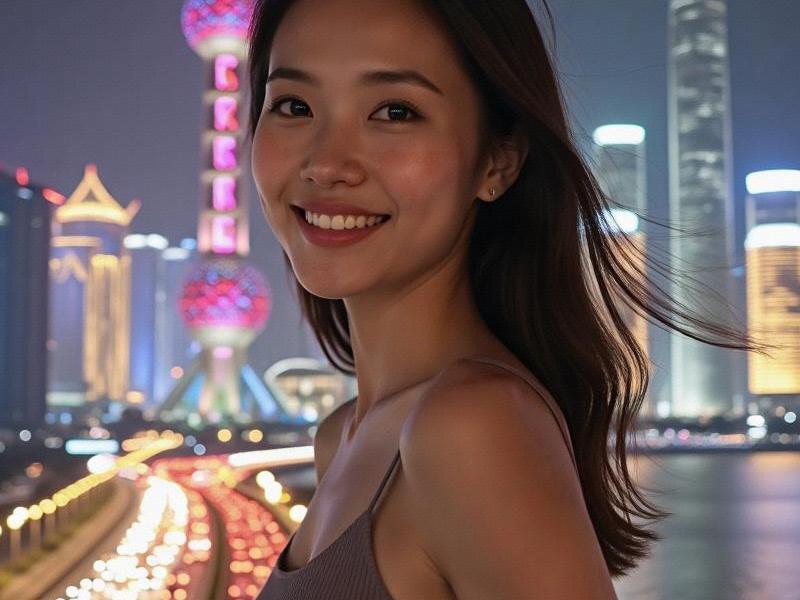
The Shanghai Woman Phenomenon
The morning rush at Jing'an Temple metro station reveals a telling cross-section: young executives in tailored suits reviewing financial reports, artists carrying portfolios, and tech entrepreneurs fielding video calls in multiple languages. These scenes capture the essence of contemporary Shanghai femininity - where intellect, ambition, and style converge.
Historical Context
- 1920s: The "Modern Girl" movement redefined Chinese femininity
- 1980s: Pioneer businesswomen emerged during economic reforms
- 2000s: Globalization created new professional opportunities
- 2020s: Digital natives leading innovation across sectors
Professional Landscape
• 38% of Shanghai startups have female founders (national average: 22%)
• Women hold 43% of senior positions in multinational regional HQs
上海龙凤419是哪里的 • Finance and tech sectors seeing fastest growth in female leadership
• 68% of women aged 25-40 pursuing advanced degrees
Cultural Influence
- Contemporary reinterpretations of Jiangnan cultural heritage
- Revival of Shanghainese language in creative industries
- Female filmmakers dominating China's art cinema movement
- Literature exploring urban feminine experiences
Style Evolution
- "Power casual" replacing formal office wear
- Sustainable fashion initiatives led by female designers
上海龙凤419会所 - Decline of overt luxury branding among elites
- Tech-integrated wearable aesthetics
Social Impact
- Women's networks influencing urban policy
- Mentorship programs fostering next-gen leaders
- Community initiatives addressing urban challenges
- Cultural diplomacy through female-led organizations
Challenges & Progress
- Work-life balance in competitive environment
- Aging population support systems
爱上海419 - Continued gender pay gap (18% narrower than national average)
- Increasing representation in STEM fields
Global Perspective
- Shanghai ranked 7 in Women in Work Index (2025)
- Comparative analysis with Tokyo, Seoul, and Hong Kong
- International collaborations through professional networks
- Cross-cultural exchange programs
As sociologist Dr. Lin Wei notes: "The Shanghai woman archetype has evolved from the 1930s 'Paris of the East' socialite to today's multidimensional identity - equally comfortable discussing blockchain at a board meeting, appreciating kunqu opera, and debating urban planning policy."
This transformation continues to shape China's most cosmopolitan city, creating new paradigms for feminine success in global urban contexts.
